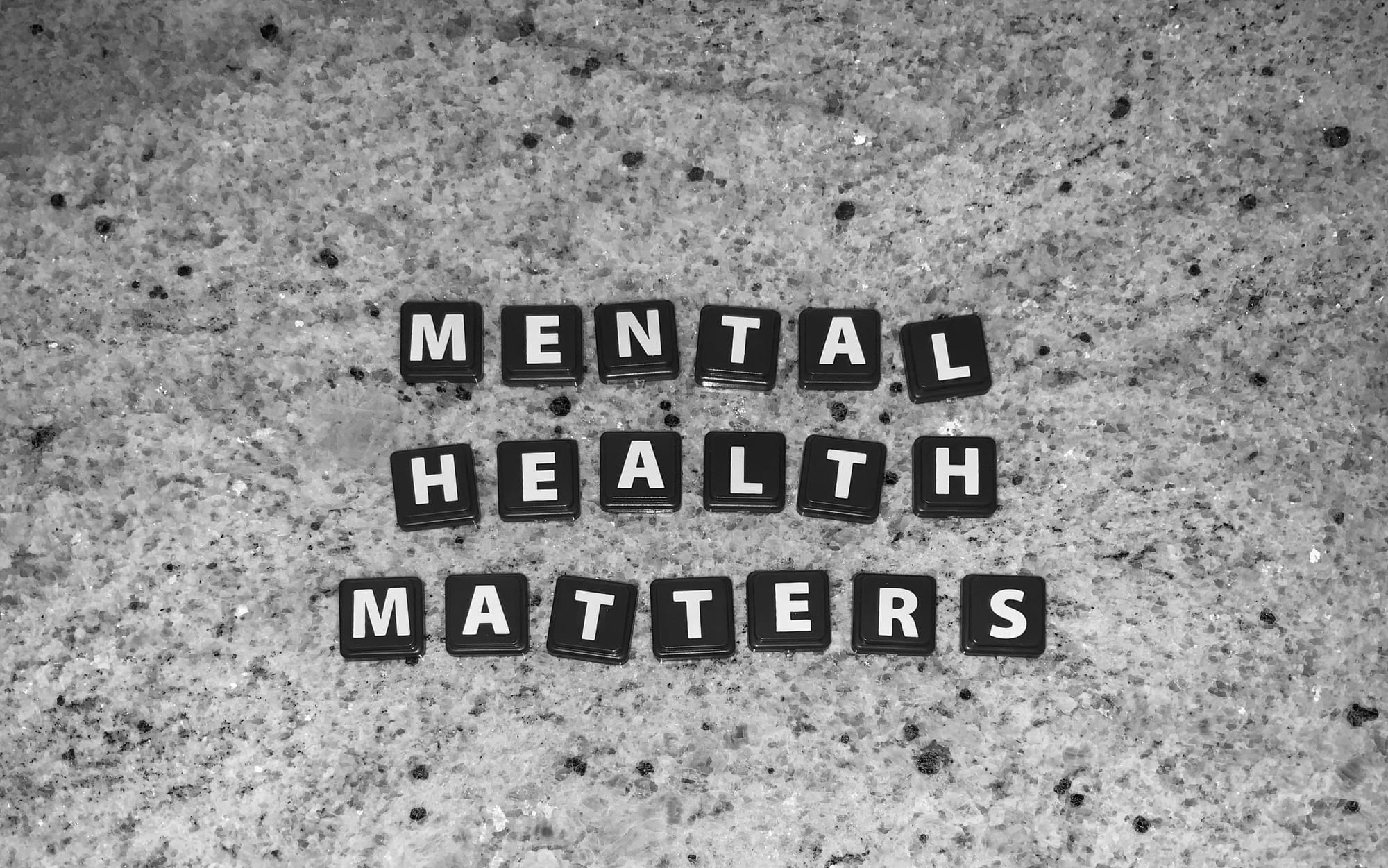A look at the pressures to maintain 'good' mental health amidst personal struggles.

Jason Brien.
In a world that increasingly values mental well-being, the pressure to maintain good mental health has become a ubiquitous aspect of modern life. While the importance of mental health awareness is undeniable, there exists a paradoxical expectation for individuals to project an image of emotional resilience even when grappling with personal struggles. This article delves into the complexities of this societal expectation and explores the challenges that arise when individuals are pressured to prioritize mental well-being in the face of their own internal battles.
The Stigma Surrounding Mental Health:
Despite growing awareness and efforts to destigmatize mental health issues, a considerable stigma still lingers. Society tends to applaud strength and resilience, creating an environment where individuals feel compelled to conceal their emotional struggles. This stigma can be particularly detrimental, as it discourages open conversations about mental health and fosters an atmosphere of secrecy and shame.
Social Media and the Illusion of Perfection:
In the age of social media, the pressure to project an idealized version of one's life is magnified. People often share curated snapshots of their experiences, creating an illusion of perpetual happiness and success. The constant exposure to these idealized images can lead to unrealistic expectations and exacerbate the feeling that everyone else has it all together, intensifying the pressure to mask personal struggles.
Professional Expectations:
The workplace is another arena where the pressure to maintain good mental health is heightened. Employees may feel compelled to present themselves as composed and capable, fearing that revealing mental health challenges could jeopardize their professional standing. This fear can contribute to a cycle of stress, anxiety, and burnout, as individuals strive to meet both personal and professional expectations.
Internal Struggles and External Expectations:
Individuals grappling with mental health challenges often face conflicting emotions. On one hand, there is the genuine need for self-care, understanding, and compassion. On the other, external expectations create a demand for a facade of strength and well-being. Balancing these internal struggles with societal expectations can be an overwhelming task, amplifying the challenges associated with mental health issues.
Breaking the Silence:
The first step towards breaking the cycle of pressure and silence is fostering a culture of openness and understanding. Encouraging honest conversations about mental health and acknowledging that everyone faces difficulties can help dispel the stigma. Creating a supportive environment, both within communities and workplaces, allows individuals to feel safe discussing their struggles without fear of judgment.
Seeking Professional Help:
It is crucial to recognize that maintaining good mental health does not mean facing challenges alone. Professional mental health support, such as therapy and counseling, can provide valuable tools for coping with stressors and developing resilience. Seeking help is a sign of strength, not weakness, and can be instrumental in navigating the pressures associated with societal expectations.
While the societal emphasis on mental health is a positive development, the pressure to maintain good mental health even during personal struggles poses a significant challenge. By breaking the silence surrounding mental health, challenging societal expectations, and seeking professional help when needed, individuals can work towards a more authentic and compassionate approach to mental well-being. Ultimately, fostering a culture that values honesty and vulnerability can contribute to a healthier and more supportive society for everyone.